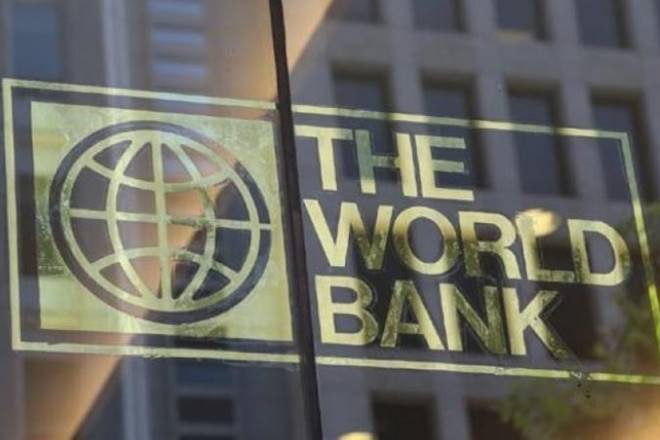The total liabilities of the state-owned enterprises (SOEs) that made a loss in three out of the five past years have been about 8 to 12 per cent of GDP in recent years, several times more than the country’s public spending on education in 2019-20.
According to the report compiled by Dawn, describing the percentage liabilities to GDP as ‘remarkably high’, the World Bank report, “Hidden Debt: Solutions to Avert the Next Financial Crisis in South Asia” points out that Pakistan’s SOE sector also shows a tendency toward rapidly declining profitability in recent years, with its net income dropping at an annual rate of 57pc on average from 2014 to 2017.South Asian SOEs are concentrated in energy, utilities, transport, and telecommunications. This concentration is most stark in the case of Pakistan, where the energy and transport sectors together account for 95 per cent of SOE revenues.
The WB report warns that South Asia is more exposed to the risk of “hidden debt” from state-owned commercial banks (SOCBs), state-owned enterprises (SOEs) and public-private partnerships (PPPs) because of its greater reliance on them compared to other regions.
The SOE sector in both India and Pakistan is more than twice as large as the international benchmark, controlling for size of the economy. Overall, India and Pakistan are among the biggest users of public agents such as the SOEs, SOCBs, and PPPs.
Total SOE revenues amount to nearly 8pc of GDP in Sri Lanka, 12pc in Pakistan, and 19pc in India. The total number of the SOEs exceeds 200 in Pakistan, 400 in Sri Lanka, and 1,300 in India.





Reducing the SOE losses by 50% and diverting the available funds to education can bring about transformational changes in the country. The country is adversely impacted by the low education and skill levels. The quality of education is very poor and only a select segment of the society can tap into quality education whereas the rest have to rely on poor quality education from either private or govt institutes. Despite firm commitment to improve educational budget by the PTI govt prior to election, the only way for the govt seems to be that to revive the economy is to give tax breaks and amnesty schemes to the construction sector